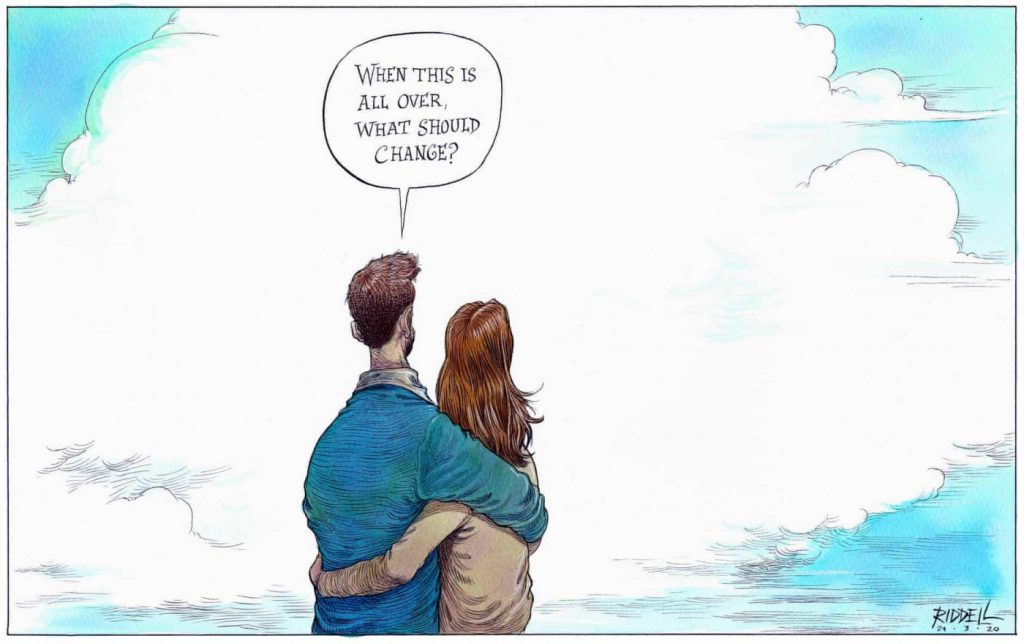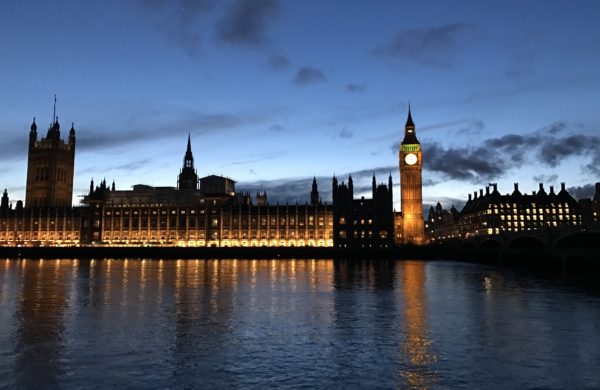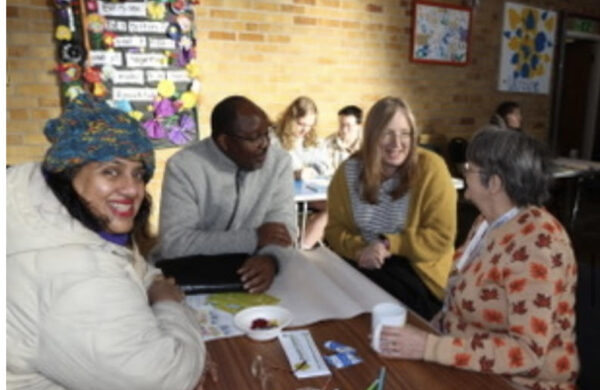New wine, new wineskins part 2: What does our faith tell us?
This is the second in a series of blogs about building a positive social vision for our life together after the pandemic.

“No one puts new wine into old wineskins.”
(Mark 2:21–22)
The churches have a distinctive contribution to make on this journey. Christians are people of hope. What can Christian faith contribute towards a shared vision of a better world that we might be able to help build together?
Scripture tells us we need to read “the signs of the times” and recognise a kairos moment – those crucial times that demand action, conversion and transformation. Scripture also tells us that we mustn’t be daunted by the kairos moment – it is an opportunity and a moment of grace. The way communities have responded to the pandemic has itself shown us the way forward.
“We [must] not settle for business as usual but seize the moment of change to make the world a bit more as it should be, a bit more real.”
(The Centre for Theology and Community)
The Gospels contain many stories of healing. Often, the people Jesus heals have been isolated and marginalised – and their healing restores them to relationship and community. Those stories can remind us that recovering from the coronavirus outbreak means strengthening our communities as well as healing from illness.
We could make this a jubilee – a time when injustices are redressed, debts are forgiven, relationships are started anew, and society is reborn.
At the same time, the way that lockdown has allowed nature to re-emerge and flourish reminds us of the concept of Sabbath. Theologian Greg Smith has said: “The account of the fall of Jerusalem to the Babylonians concludes ‘The land finally enjoyed its Sabbath rest, lying desolate until the 70 years were fulfilled, just as the prophet had said.’ Could perhaps this pandemic period lead to a similar Sabbath effect through which a greater human flourishing, and a respite from the desolation of God’s good earth eventually emerge?”
Questions
Which Christian themes, values, ideas or stories from the Bible or elsewhere – e.g. Jubilee, wilderness, healing, Sabbath – resonate and could be most valuable to us now?
Could we envision a society and economy in which human dignity and flourishing (wellbeing) was valued more highly than wealth or economic growth as an end in itself? What would be needed to make this a reality?




